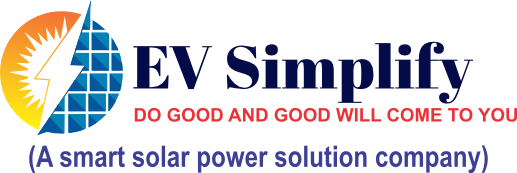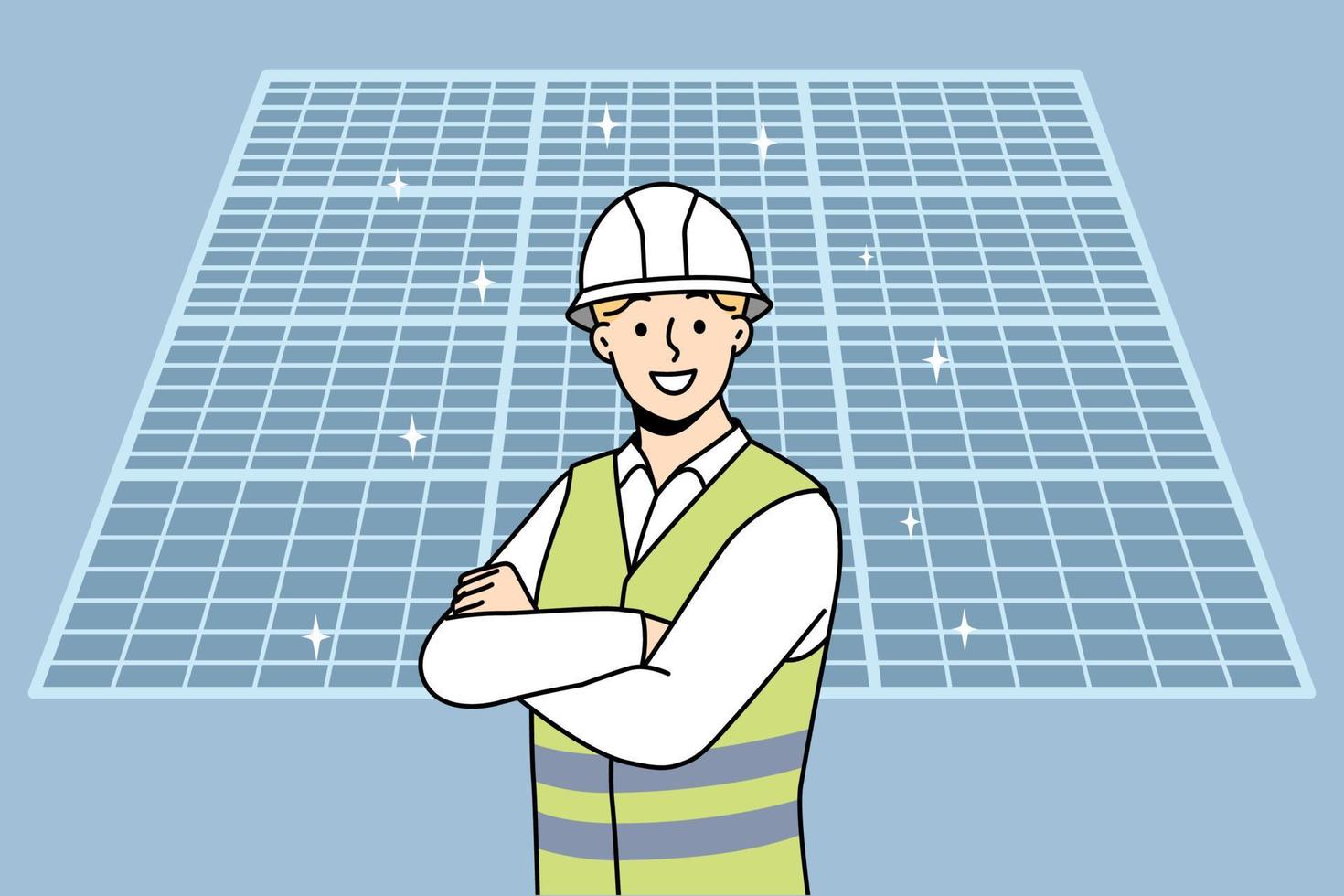Commercial Solar Systems
EV Simplify provides Rooftop Commercial Solar systems in which we are providing 3 different kinds of commercial solar systems. Such as : On-Grid Solar System, Off-Grid Solar System, and Hybrid Solar System.
Panels are wired together to form arrays, then tied to an inverter, which produces power at the desired voltage, and for AC, the desired frequency/phase. Many residential PV systems are connected to the grid wherever available, especially in developed countries with large markets.
EV Simplify also provides the whole system installation, maintenance, monitoring and managed services.
How Does a Commercial Solar System Work?

Hedge your energy cost, increase your savings.
On-Grid Solar Panel
Off-Grid Solar Panel
Hybrid Solar Panel
Benefit of Roof Top Solar System at Industry / Commercial Area
Cost savings: Installing a rooftop solar system allows industries and commercial establishments to generate their own electricity, reducing their dependence on the grid and lowering energy costs. Solar energy is a renewable resource, and once the system is installed, the operational costs are relatively low.
Return on investment: While the upfront costs of installing a solar system may be significant, businesses can benefit from long-term cost savings and a return on their investment. Over time, the electricity generated by solar panels can offset or even eliminate the need to purchase electricity from the grid, resulting in substantial financial savings.

Environmental sustainability: Utilizing solar energy helps industries and commercial areas reduce their carbon footprint and decrease reliance on fossil fuels. Solar power is a clean and renewable energy source that produces no greenhouse gas emissions during operation. By adopting solar systems, businesses can contribute to a more sustainable and eco-friendly future.
Energy independence: Industries and commercial areas with roof-top solar systems gain greater control over their energy supply. They become less susceptible to fluctuations in energy prices and grid outages, ensuring a more reliable and stable power supply for their operations. This energy independence provides businesses with greater operational resilience.
Enhanced brand image: Demonstrating a commitment to sustainability and renewable energy can enhance a business’s brand image and reputation. By installing a roof-top solar system, industries and commercial establishments can showcase their environmental responsibility, attracting environmentally conscious customers, partners, and investors.
Incentives and tax benefits: Many governments and local authorities provide incentives, grants, and tax benefits to encourage the adoption of solar energy. These incentives can significantly offset the initial installation costs and improve the financial viability of roof-top solar systems for industries and commercial areas.
Long lifespan and low maintenance: Solar panels are designed to be durable and have a long lifespan, typically ranging from 25 to 30 years. Once installed, solar systems require minimal maintenance, reducing the operational costs and efforts associated with their upkeep.
Flexibility and scalability: Roof-top solar systems offer flexibility in terms of installation size and capacity. Businesses can start with a smaller system and expand it over time to meet their increasing energy demands. This scalability allows industries and commercial areas to adapt the solar system according to their specific needs and growth plans.
By harnessing the power of solar energy, industrial and commercial areas can achieve significant economic and environmental benefits, contributing to a more sustainable future while reducing operational costs and enhancing their brand image.

